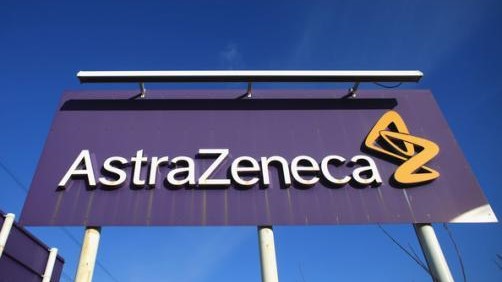AZ signs kidney drug deal with Ionis for up to $330m

AstraZeneca has licensed in an antisense drug from Ionis Pharmaceuticals to treat kidney disease in a deal worth up to $330 million.
Antisense drugs contain non-coding strands of mRNA that block the formation of defective proteins that lead to disease.
Ionis and AstraZeneca struck up a research agreement in 2012 covering oncology, which was later expanded to cover cardiovascular and metabolic and renal diseases.
This is the second drug chosen by AstraZeneca under the cardio/metabolic side of the deal, and will be developed to treat a genetically associated form of kidney disease.
The drug, IONIS-AZ5-2.5RX, or AZD2373, will inhibit an undisclosed target, and AZ will be responsible for development and marketing.
Ionis will receive $30 million upfront and may also receive up to $300 million in additional development and regulatory milestone payments, plus tiered, low double-digit royalties from sales.
In 2016 AstraZeneca licensed in AZD8233 from Ionis, a drug inhibiting an undisclosed target in cardiovascular disease, paying $20 million up front and $200 million. The companies are also developing a drug for treatment of cancer as a result of the collaboration.

Ionis' Brett Monia
Brett Monia, chief operating officer and senior vice president of antisense drug discovery and translational medicine at Ionis, said: “This is the second drug to enter development under our strategic collaboration with AstraZeneca in cardiovascular, metabolic and renal diseases. IONIS-AZ5-2.5Rx is being developed to treat a genetically associated form of kidney disease with a high unmet medical need.”
“We were able to move this programme from target validation to a clinical candidate quickly, exemplifying the efficiency of our antisense platform.”
"AstraZeneca is a great partner to work with in the cardiometabolic and renal therapeutic area, and we look forward to them moving this programme through development."
Ionis’ pipeline of antisense drugs is beginning to produce results – a separate alliance with Biogen resulted in development and approval of Spinraza (nusinersen), approved for spinal muscular atrophy.
Drugs that have successfully completed late-stage studies include inotersen, an antisense drug the company is developing to treat TTR amyloidosis.
Volanesorsen, an antisense drug discovered by Ionis and co-developed by Ionis and its subsidiary Akcea Therapeutics is under review in the US and EU for patients with familial chylomicronemia syndrome. If approved, the drug could be launched globally later this year.
Ionis' main rival in treatment TTR amyloidosis is Alnylam - its patisiran also works by blocking gene expression, but uses a distinct RNA silencing platform.
Developed in partnership with Sanofi's Genzyme unit, patisiran is currently under review in the US and EU. If approved Alnylam will market patisiran in the US and Canada, with Sanofi marketing the drug in Europe and the rest of the world.












